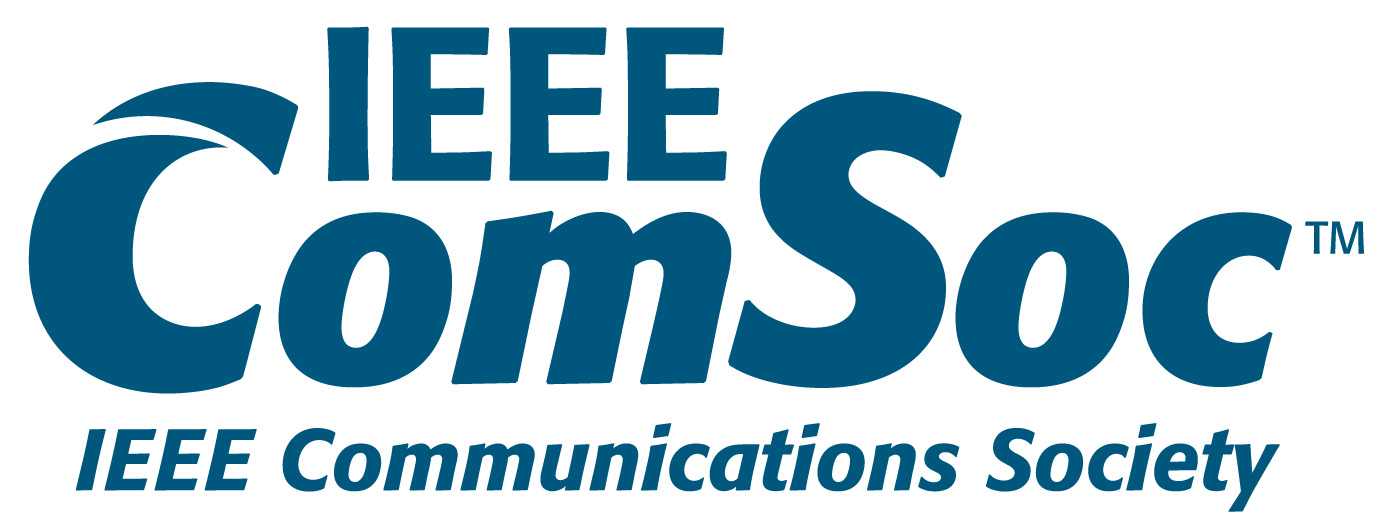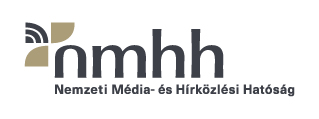Árpád László Makara, András Reichardt and László Csurgai-Horváth
AI-Based Electrode Optimisation for Small Satellite Ion Thrusters
Computing capacities for numerical modelling are available to an unprecedented extent today. The spread of various artificial intelligence (AI) -based solutions (which in many cases are also resource-intensive operations) is also facilitated by this increase in capacity, which offers several new opportunities in this area. On the one hand, optimization tasks can be done quickly, on the other hand, it is also possible to solve (estimate) problems where we cannot (for some reason) create a model for the initial problem. In our article, we investigate how to apply artificial intelligence-based solutions to electromagnetic field computing tasks as efficiently as possible. The required theoretical summary presents an implemented application: optimization of electrostatic ion engine accelerator electrodes for orbit correction operations. To solve each problem, we used methods from the supervised machine learning toolkit, usually along with LMS (least mean square method) update steps. All inputs required for AI were solved by numerical space calculation (primarily using the finite element method). The data input required to optimize the electrodes of an ion thruster can come from two sources: measurement data or simulation results. Given that the operating environment of a satellite can be modelled in a vacuum chamber, it is a particularly difficult issue to perform the measurement, but even more difficult in the case of optimisation. Therefore, an effective solution to the problem can only be achieved by simulation. The primary goal of this research is to optimise the fuel (in this case, the number of ions) during operation, with the stated aim of maximising the time of operation of the spacecraft.
Reference:
DOI: 10.36244/ICJ.2021.4.1
Please cite this paper the following way:
Árpád László Makara, András Reichardt and László Csurgai-Horváth, "AI-Based Electrode Optimisation for Small Satellite Ion Thrusters", Infocommunications Journal, Vol. XIII, No 4, December 2021, p. 3-9., https://doi.org/10.36244/ICJ.2021.4.1





